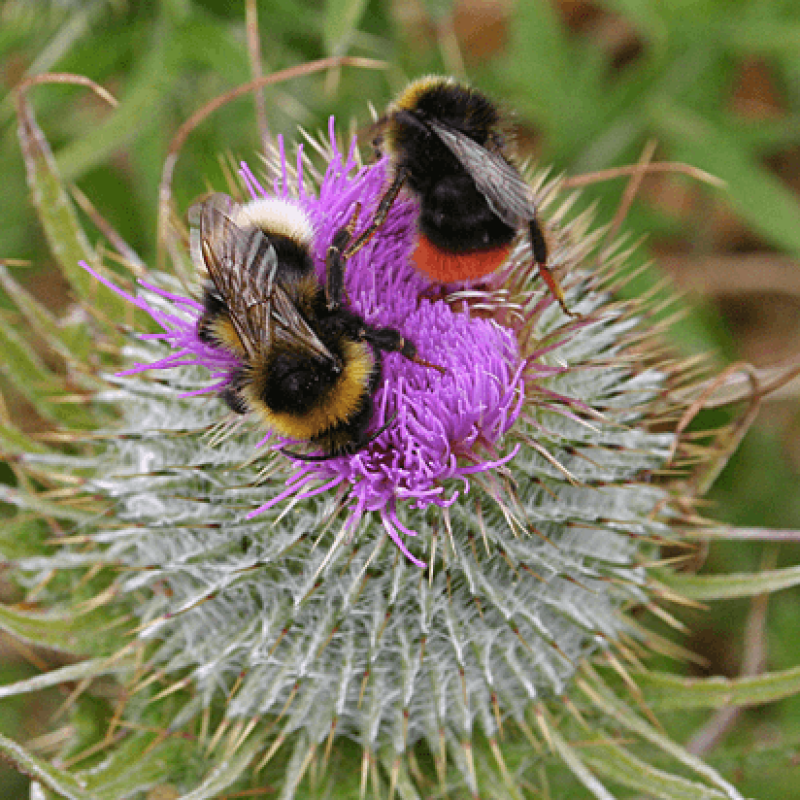Wild bees that forage from oilseed rape crops treated with. . . neonicotinoids are more likely to undergo long-term population declines than bees that forage from other sources, according to the findings of an 18-year study.
. . . .
Going back to data from 1994 up to 2011, the scientists analyzed how large-scale applications of neonicotinoids to oilseed rape crops influenced bee population changes.
The results, published in the journal Nature Communications, found that bees foraging on treated oilseed rape were three times more likely to experience population declines than bees foraging from other crops or wild plants.
. . . .
[Ben] Woodcock, an ecological entomologist . . . said the findings showed the extent of the impact.“Prior to this, people had an idea that something might be happening, but no-one had an idea of the scale,” he told reporters. “(Our results show . . .) it’s long-term, . . .large scale, and . . . more species than we knew about before.”
[The study] looks at 62 different wild bee species in the UK. For a few bees, the scientists estimate about a fifth of their population declines was due to neonicotinoids.Woodcock’s team said this should add to the body of evidence being considered in a review of neonicotinoid risks to bees being carried out by the European Food Standards Authority, expected to be completed by January 2017.
The GLP aggregated and excerpted this blog/article to reflect the diversity of news, opinion and analysis. Read full, original post: Long-term study links neonicotinoids to wild bee declines































